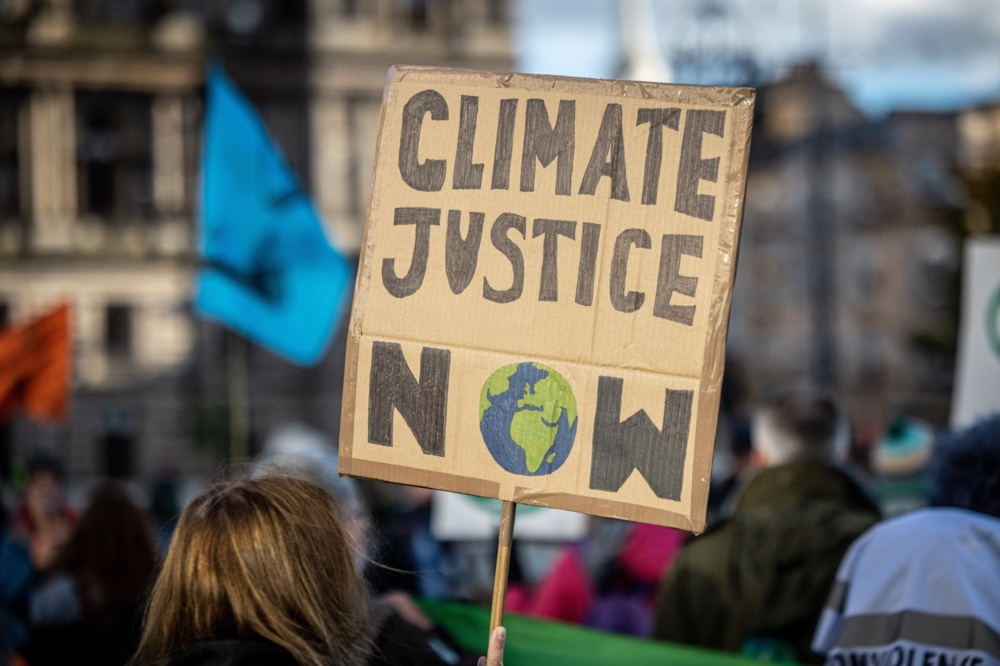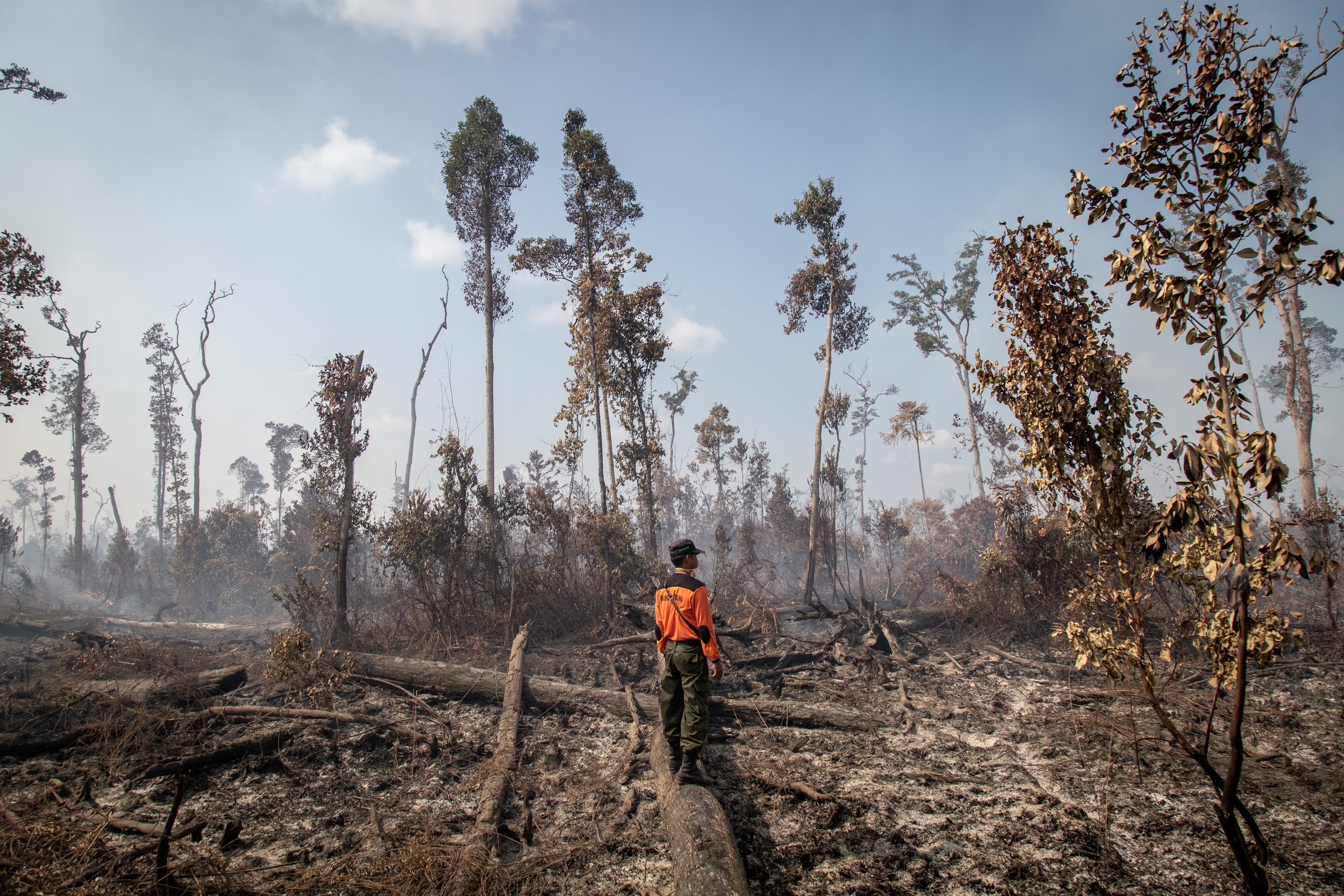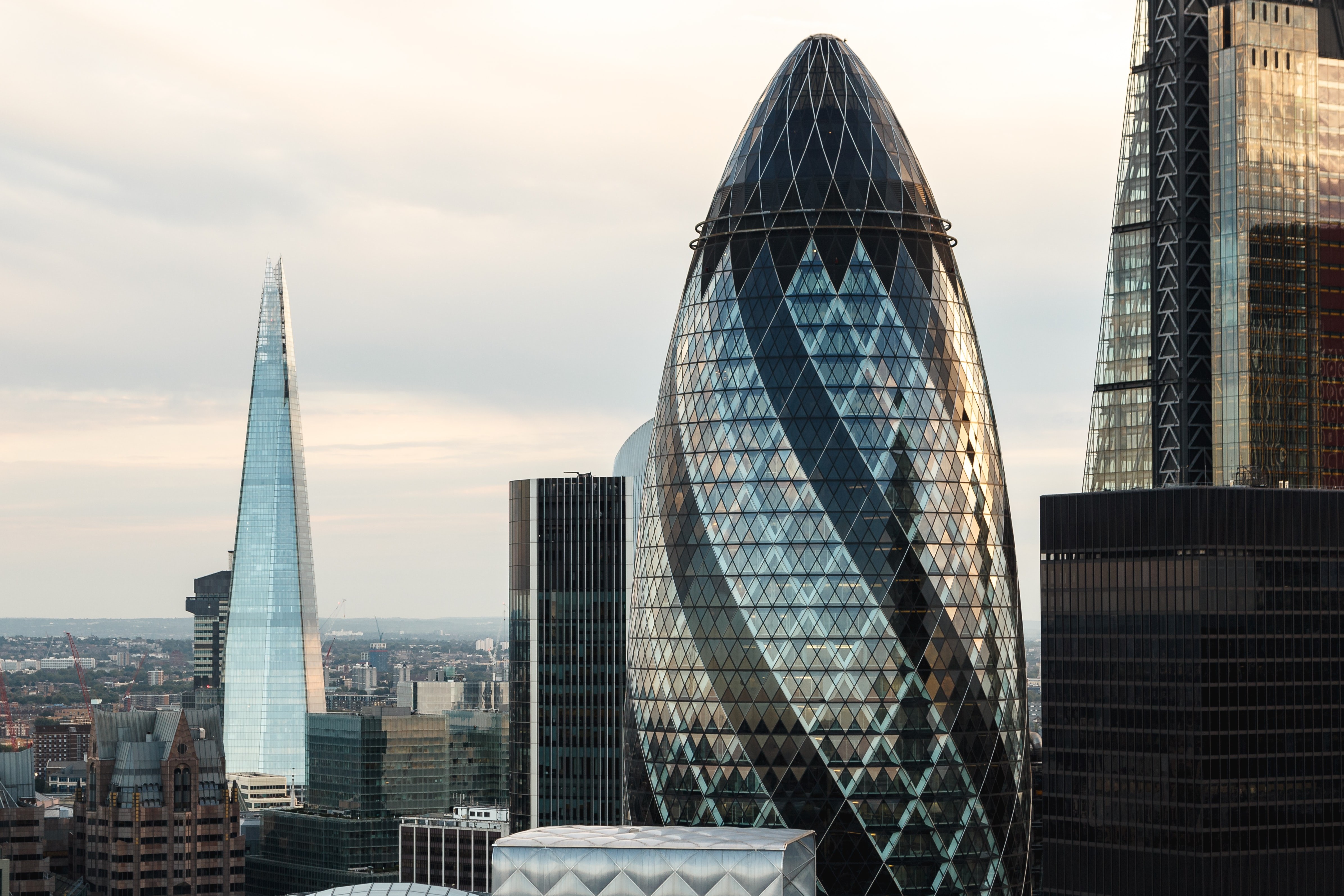
Week one at COP26: The ‘epicentre of global hypocrisy’?
As over 120 leaders from around the world gathered in Glasgow, along with around 40,000 attendees, hopes were high. This was the start of two weeks set to be a turning point in the fight against the climate crisis. The ‘most inclusive COP to date’. We saw promises from every corner yet the pretty words hid gaping loopholes. With exclusion the word of the week, and the fossil fuel industry represented more heavily than any actual nation, we are a long way from where we should be.
World leader’s summit
Despite the noticeable absence of China and Russia, many other countries came forward with new and improved commitments. Importantly, as one of the world’s biggest emitters, India committed to net-zero by 2070, and for 50% of the country’s energy generation to be renewable by 2030.
More than 100 leaders also agreed to reverse and end deforestation within a decade, including £8.75 billion of public funds to protect and restore 85% of the world’s forests, alongside £5.3 billion of private investment. This is a commendable goal, but the crisis is happening now, not in 2030. The Amazon is hurtling towards a “tipping point”, beyond which it may be lost. Brazil is a signatory of this new agreement, yet in recent years its president, Jair Bolsonaro, has been the chief architect of the destruction of the Amazon, and the horrific abuses of Indigenous people it has brought with it. If he truly wishes to protect it, he does not need a new international agreement to do so; he could start by reversing his own decisions to unleash a wave of devastation on this essential ecosystem and its inhabitants.
Boris Johnson announced a new UK-based Clean Green Initiative which includes doubling UK aid-funded green investments to over £3 billion over five years and announced a new international agenda to deliver clean and affordable technology by 2030. Over 40 world leaders have signed up to this initiative, representing more than 70% of the world’s economy.
These are just a selection of some of the promises that came out of the first two days of the conference – a lot of pretty words, but time is running out and the question remains if and when these targets will actually be met.
Finance
On day three of COP26, finance was on the agenda. The world watched with dismay as the developing world failed to secure the $100 billion in climate finance, with COP26 President Alok Sharma saying that it was "regrettable" that the original deadline hadn't been met but "on the basis of information submitted by donors, the OECD analysis shows that developed countries will make significant progress towards the $100bn goal in 2022 and I believe it also provides confidence that we will meet it in 2023.”
These excuses and promises indicate an inexcusable lack of ambition in the face of climate breakdown. In the five years since the Paris agreement, the world’s top 60 banks have poured US$ 3.8 trillion into climate-damaging fossil fuels, and the fossil fuel industry is currently propped up by government funding of over US$ 1.3 billion per day. It's not enough to publish ‘net zero by 2050’ plans if those plans rely on creative carbon accounting over real decarbonisation across the whole of our economies. Net zero pledges mean nothing without fossil fuel divestment. Time for financial institutions to put their money where their mouth is, stop funding climate destroying fossil fuels and start funding a sustainable, green future.
Energy
On the surface, the newly announced Global Clean Power Transition Statement – ending coal investments, scaling up clean power, and phasing out coal by the 2030s in major economies, and in the 2040s elsewhere – is a big step in the right direction. Unfortunately, the biggest coal financers – China, Japan and Republic of Korea – are absent from the signatories.
Action on energy is not ambitious enough, and as Aminath Shauna, Maldives' Minister of Environment, Climate Change and Technology, says: “The planet does not have room for any more negotiations. The difference between 1.5 and 2 degrees for the Maldives is a death sentence. Treat climate emergency like an emergency.”
If all the climate pledges announced to date are met in full and on time, global temperature rise is predicted not to exceed 1.8°C by 2100. But that is a big ‘if’, and it still condemns vast numbers of people to misery as they lose their homes and livelihoods.
Youth
Friday saw thousands of youth activists take to the streets of Glasgow to make their message heard – we want climate justice and we want it now. Youth activists took to the stage at COP26 as well, presenting the COY16 Global Youth Position statement, representing the views of over 40,000 young climate leaders from across the world on climate finance, mobility and transportation, and wildlife protection.
However, these hopeful scenes were coupled with increasing coverage of a shocking lack of inclusion at the conference. NGOs and youth activists were shut out of the negotiations while fossil fuel companies and billionaires were given dozens of seats. In fact, there are more delegates at COP26 associated with the fossil fuel industry than from any single country. These negotiations are deciding the future of our planet, but the youth activists who will be leading the fight against the climate crisis are not event allowed in the room.
Nature
On Saturday at COP26, the UK led an announcement from 45 countries pledging action to protect nature and make global farming and food systems more sustainable. However, the announcement failed to address the 800 kilogram cow in the room – the meat and dairy industry which needs urgent, critical overhaul to protect people and planet from the climate and biodiversity crises.
Unless world leaders address the production and consumption of meat and dairy industries, as well as the seafood industry, which are driving habitat destruction from the Indonesian rainforest to the Cerrado savannas of Brazil.
Saturday also saw over 100,000 people march for climate justice on the streets of Glasgow. If leaders needed any reminder of why they are here ahead of next week’s negotiations, the cries for action from around 100 events around the UK should have done the trick.
Week two
The second week of the conference will look at adaptation, loss and damage, gender, science and innovation, transport, and cities, regions and built environments. Lots still to cover – negotiators must remember the sense of urgency with which they entered the conference, and commit to immediate, ambitious climate action to protect the future for people and the planet.
SIGN UP FOR OUR EMAILS AND STAY UP TO DATE WITH EJF

